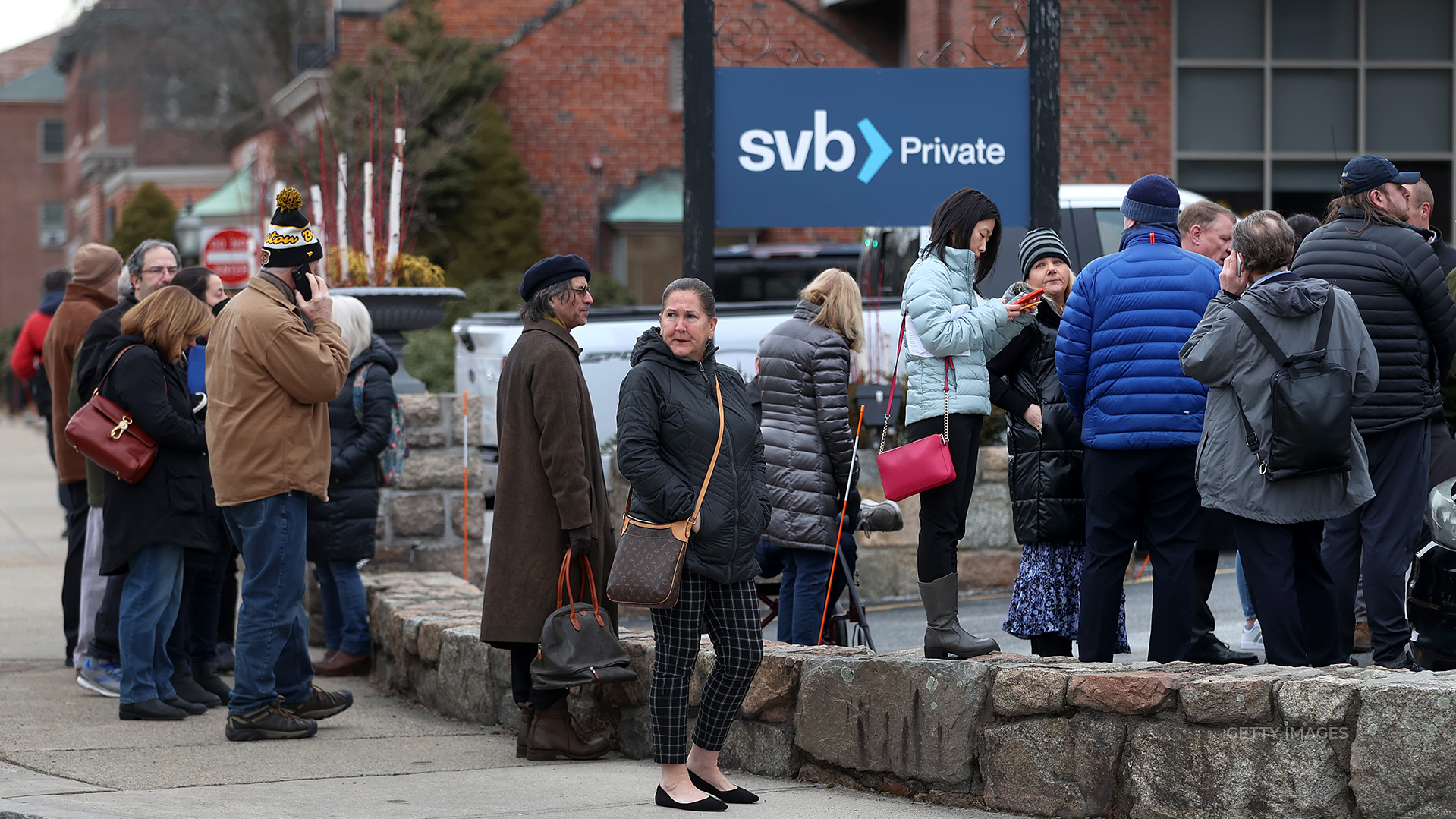
SIMONE DEL ROSARIO: SO LET’S TALK ABOUT ONE OF THE MOST IMPORTANT QUESTIONS OUT THERE. IS YOUR MONEY SAFE IN THE BANK?
THE SHORT ANSWER IS YES, UP TO $250-THOUSAND DOLLARS – WITH AN ASTERISK.
MOST BANKS ARE FDIC-INSURED. AS LONG AS YOU BANK WITH AN FDIC-INSURED BANK, YOUR CASH IS SAFE UP TO $250 THOUSAND, PER ACCOUNT OWNER, PER ACCOUNT TYPE, PER INSTITUTION.
SO THAT MEANS IF YOU’RE MARRIED AND HAVE A JOINT ACCOUNT IN BANK A, YOU COULD HAVE UP TO 500-THOUSAND DOLLARS IN IT INSURED BETWEEN THE TWO OF YOU.
YOU COULD ALSO HAVE A SINGLE ACCOUNT ON TOP OF THAT – FOR AN ADDITIONAL 250 THOUSAND.
THE FDIC EXPLAINS ON ITS WEBSITE THE DIFFERENT ACCOUNT TYPES YOU COULD TECHNICALLY USE TO SPREAD OUT COVERAGE.
MONEY MARKET DEPOSIT ACCOUNTS ARE ALSO INSURED UP TO 250K.
LET’S SAY YOU’RE A SINGLE PERSON AND FORTUNATE ENOUGH TO HAVE MORE THAN 250K IN CASH, YOU CAN ALSO DIVVY IT UP INTO DIFFERENT INSTITUTIONS AND BE COVERED.
YOU COULD PUT 250 IN BANK A, 250 IN BANK B, 250 IN BANK C, AND SO ON.
WHAT ABOUT A CREDIT UNION? THE INSURANCE SOURCE IS DIFFERENT, BUT THE SECURITY IS THE SAME. INSTEAD OF THE FDIC, THE NATIONAL CREDIT UNION ADMINISTRATION IS WHAT SECURES CREDIT UNION DEPOSITS UP TO 250K.
SO FROM CREDIT UNION TO SMALL COMMUNITY BANK TO A SO-CALLED “TOO BIG TO FAIL” INSTITUTION, UNDER THESE LIMITS, YOUR MONEY WILL ALWAYS BE GUARANTEED.










